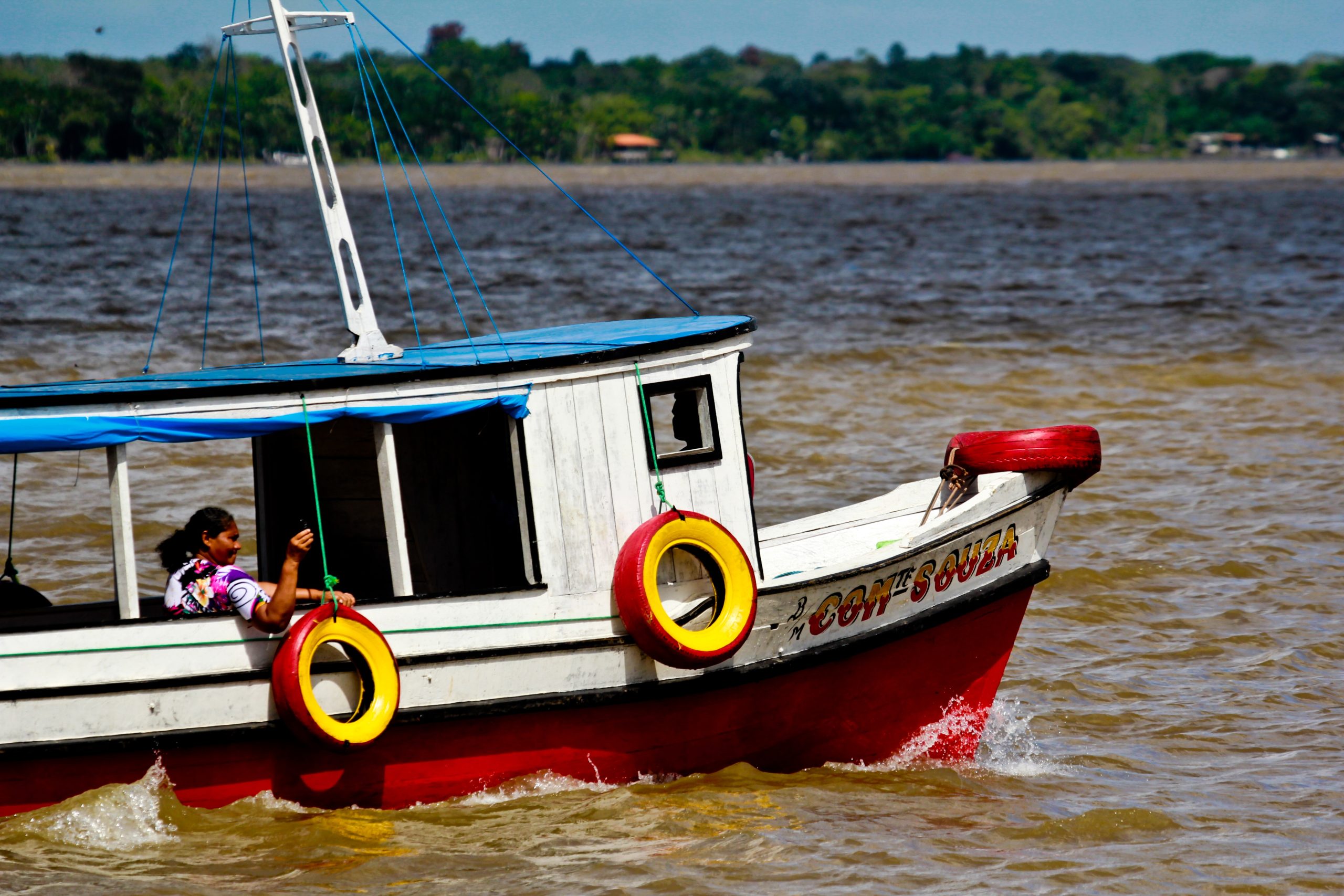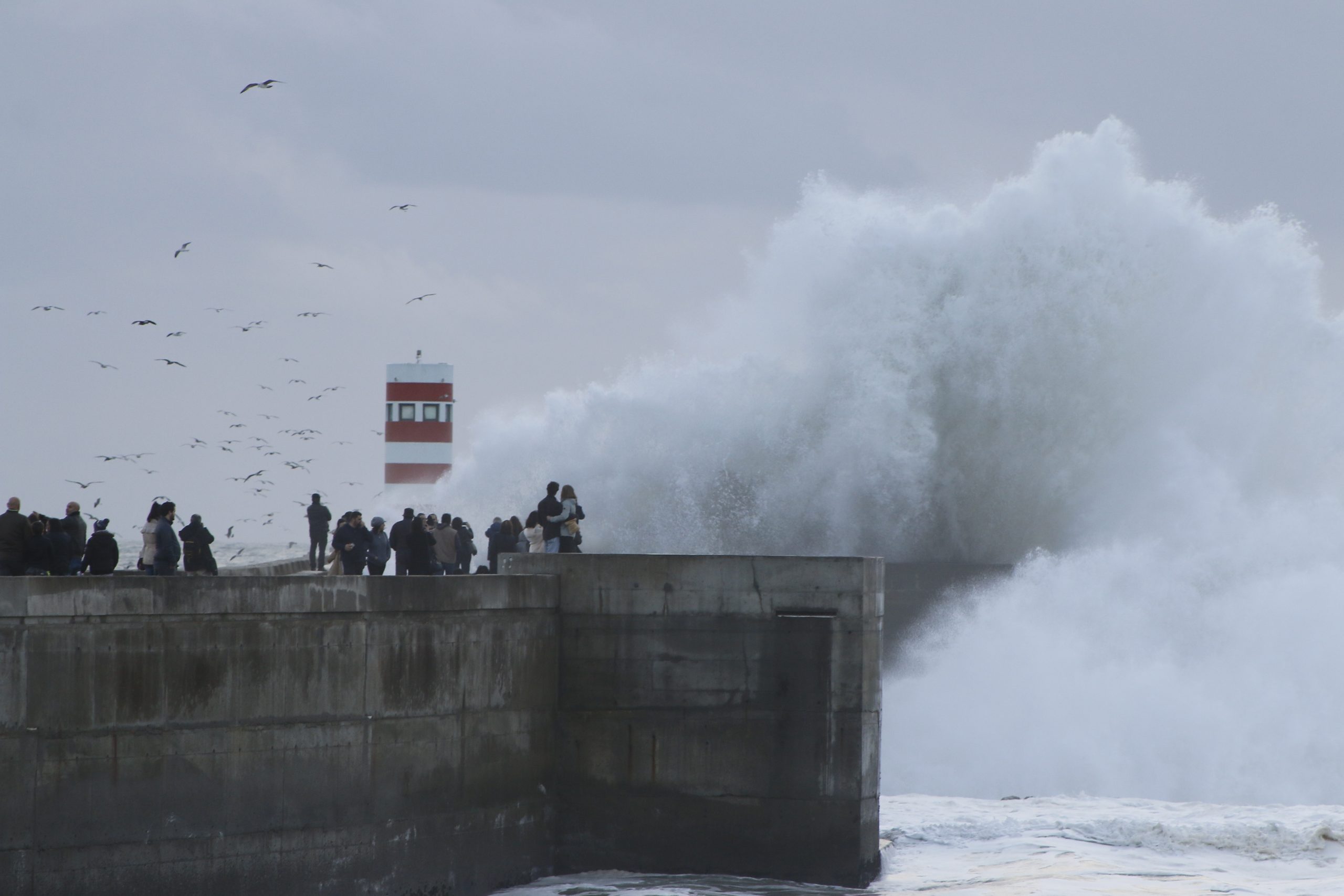In 2008, three men were passengers on a chartered fishing boat that collided with a utility boat. The fishing boat’s insurance company was St. Paul Fire and the utility boat’s insurance company was Steadfast. Harvest Oil owned the utility boat. Normally, the insurance companies would fight about who was at fault and may eventually make it to court. However, this case was more complicated because the men in the fishing boat did not own the boat, and the owner of the utility boat filed for bankruptcy shortly after the passengers drug them into the lawsuit as a third party. The issue of waiver of a coverage defense while the insured is in a bankruptcy proceeding is one that has not been considered in Louisiana previously.
Harvest filed for bankruptcy in 2009 and the passengers in the accident filed in its bankruptcy proceeding as a creditor for “an amount to be determined.” Where an insured filed for bankruptcy, it was very smart of the injured party to file as a creditor because that helps protect their interest if the insurance company refuses to pay Harvest’s liability coverage.
When an individual or company files for bankruptcy, federal law provides an automatic stay on any other litigation proceedings. That means that all other litigation involving the debtor must be paused until the bankruptcy proceeding is closed. Therefore, Harvest dropped out of the insurance lawsuit, and the passengers had to sue the insurance company alone.
As a result, when Steadfast asserted the watercraft exclusion, that meant that the passengers could no longer sue the insurance company and had to sue the insured himself. Since the insured was in bankruptcy proceedings, there was not only a delay in the litigation because of the stay, but there was also a very real chance that the injured parties may not get any money.
When an individual goes into a bankruptcy proceeding, they have to pay off their creditors in a certain order. First, the secured creditors will receive payment. A secured creditor has something that they use as collateral for the loan or credit that they extended to the debtor. For example, if you have an automotive loan, your car is likely your collateral or security. If you file bankruptcy and cannot pay for your car loan, then, with a few exceptions, they will likely come take your car. When a creditor is unsecured, however, they cannot take anything and must share with all of your other unsecured creditors. That likely means that they will not get paid the entire debt that they are owed, and will usually only receive a small portion of their money back.
A judgment is an unsecured debt, and because the passengers filed so late, they are likely at the back end of the line of creditors in the bankruptcy proceeding. Louisiana law allows those with liability coverage to sue the insurer directly when the insured has been removed for bankruptcy proceedings under the Louisiana Direct Action statute. So, if the insurance company would have covered the accident, then the insurance company would have paid them directly instead of going through the insured. This is because liability coverage in Louisiana is not the property of the insured; it is the property of whoever the injured party was. Other types of insurance coverage, such as collision, for example, would still be the property of the insured and would be included in the bankruptcy proceedings. Where the insurance coverage would be a property of the estate, then the stay that applies to the insured would also apply to the insurer. However, that is not the case here because the liability coverage is not property of the insured.
Once the court decided the reservation of rights and waiver issues, then it questioned how those decisions were affect the bankruptcy proceeding. The court considered claim and issue preclusion. Preclusion in civil cases is a lot like the rule against double jeopardy in criminal cases; the idea is that you cannot keep taking someone back to court for the same offenses over and over again.
Claim preclusion does not allow the same parties or parities that are in privity, or connected in some way, to try the same claim or cause of action after a court of competent jurisdiction has rendered a final verdict. If the claim was litigated to completion, then it cannot be litigated again. It is sometimes difficult to determine if parties are in privity, however. Usually these relationships are based on a connection so strong that liability of one would normally be the liability of another such as in employee and employer relationships. An insurance company sued under the Louisiana Direct Action statute could be an example, but only if the insured’s and the insurer’s interests are aligned. In this case, because the insurer is asserting a coverage defense, then their interests are not aligned and they are not in privity. Therefore, claim preclusion does not affect the bankruptcy suit.
Issue preclusion is virtually the same as claim preclusion except that it applies to only one issue in the lawsuit instead of the entire case. The issue still needs to be completely decided by a court of competent jurisdiction, however. It also requires that the parties be the same, but there is no privity exception. Since the parties will not be the same in the bankruptcy proceeding, issue preclusion has no effect on the bankruptcy proceeding either.
The law overlaps occasionally and can result in some confusing and interesting results. You need an experienced attorney to help you navigate the legal waters.
Continue reading
 In the depths of the Gulf of Mexico, a seemingly minor incident set off a chain of legal events that reverberated through the maritime industry. An underwater sonar device, or towfish, collided with the mooring line of a Shell Offshore drilling rig, causing significant damage. The resulting legal battle involved Shell, the company operating the sonar device (Tesla Offshore), and the vessel’s owner (International Offshore Services). This blog post explores the key issues of the case, the court’s rulings, and the implications for maritime operations.
In the depths of the Gulf of Mexico, a seemingly minor incident set off a chain of legal events that reverberated through the maritime industry. An underwater sonar device, or towfish, collided with the mooring line of a Shell Offshore drilling rig, causing significant damage. The resulting legal battle involved Shell, the company operating the sonar device (Tesla Offshore), and the vessel’s owner (International Offshore Services). This blog post explores the key issues of the case, the court’s rulings, and the implications for maritime operations. Insurance Dispute Lawyer Blog
Insurance Dispute Lawyer Blog


 Unfortunately, accidents in the workplace are not uncommon. What happens, however, if you unknowingly signed an agreement making your employer immune from a liability claim? The following Lafourche Parish case outlines this predicament.
Unfortunately, accidents in the workplace are not uncommon. What happens, however, if you unknowingly signed an agreement making your employer immune from a liability claim? The following Lafourche Parish case outlines this predicament.  In contractual agreements, the validity of indemnity provisions can become a subject of contention between parties. But what happens when determining a contract’s maritime nature becomes pivotal in a case involving specialty services for drilling or production in navigable waters? As discussed below, this issue was scrutinized in a maritime appeal action filed with the
In contractual agreements, the validity of indemnity provisions can become a subject of contention between parties. But what happens when determining a contract’s maritime nature becomes pivotal in a case involving specialty services for drilling or production in navigable waters? As discussed below, this issue was scrutinized in a maritime appeal action filed with the  Large waves and rough seas make boat travel a harrowing experience. But what happens if you are at work and fall out of bed during those stormy seas? Is the captain or company you work for liable under the Jones Act? The following case out of Louisiana helps answer the question; can I recover under the Jones Act if rough seas cause my back injury?
Large waves and rough seas make boat travel a harrowing experience. But what happens if you are at work and fall out of bed during those stormy seas? Is the captain or company you work for liable under the Jones Act? The following case out of Louisiana helps answer the question; can I recover under the Jones Act if rough seas cause my back injury?